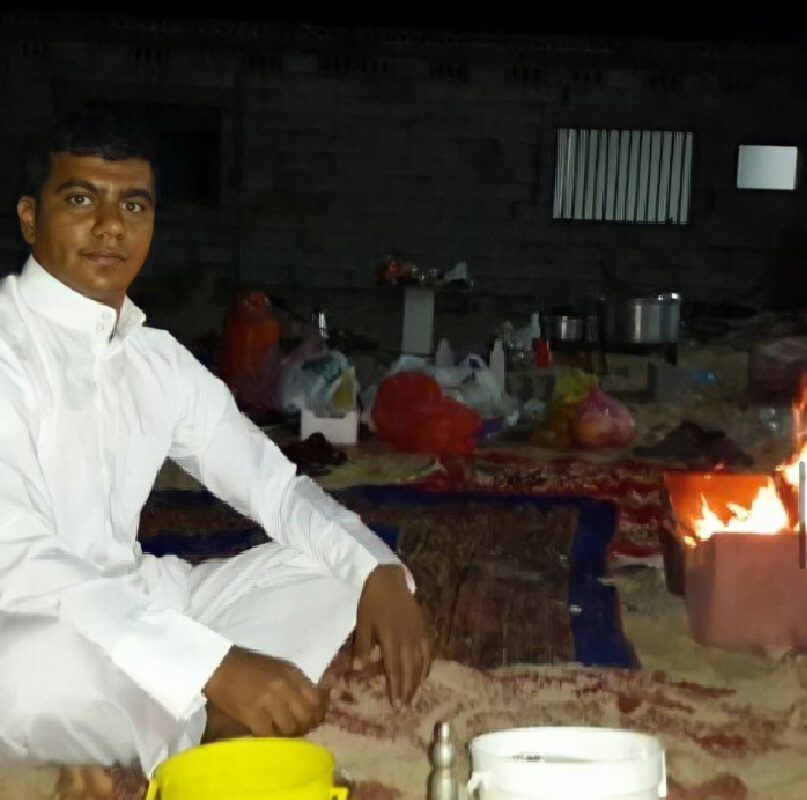
Saudi Arabia carried out its 59th death sentence since the beginning of 2021. On November 1, the official Saudi Press Agency published news announcing the execution of Tazir death sentence against Makki bin Kazim Al Obaid in Al-Qatif, raising the number of Tazir death sentences to eight this year.
The statement noted that several charges were brought against Al Obaid, including shooting, weapons trafficking, destruction of public property, and drug abuse and promotion. It explained that the Specialized Criminal Court sentenced him and the Supreme Court ratified the sentence.
The European-Saudi Organization for Human Rights monitors death penalty cases in Saudi Arabia and documents charges and legal process through verdicts, judgment documents, official papers or statements. Makki Al-Obaid's case was not on the organization's death penalty list and was not monitored prior the execution. The organization is pursuing 43 cases in which detainees are facing the death penalty at various stages of the proceedings. This was repeated in recent executions of Adnan al-Sharfa, who was executed in September 2021, and Ahmed al-Janabi, who was executed in August.
The recent executions raise the alarm about the actual death sentences and the number of threatened people, apart from official statements, in the light of the Saudi government's intimidation of families which prevents them from having adequate access to information or from knowing the detainee's status. ESOHR points to the lack of any role for civil society and human rights organizations inside, under the blackout practiced by the Saudi's government, and the previous context monitored, there are fears of an unfair trial.
In addition, the official Human Rights Commission announced in January 2021 a moratorium on the death penalty in drug cases, but among the prominent charges brought against Al-Obaid are drug-related, raising questions about the seriousness of the moratorium on arbitrary killings in drug-related cases. Saudi Arabia has not legislated the declaration of the Human Rights Commission, nor has it amended its laws, including the anti-drug law. This comes in light of Saudi Arabia's manipulation of its promises. In April 2020, it declared a moratorium on the execution of minors, and then executing Mustafa Al-Darwish after a year. It also continues to threaten the lives of others, including Abdullah Al-Huweiti, Jalal Al-Labbad, Yousef Al-Mansaf, Sajjad Al-Yasin, and Hassan Zaki Al-Faraj.
The organization asserts that the Saudi Government's continued implementation of Tazir sentences, which are judge's discretion and not a legal or religious provision, contradicts its intention to reduce the number of death sentences as promoted, and enshrines the possibility of arbitrary use of these sentences. This is also confirmed by the lack of independence of the judiciary, as confirmed by a number of cases in which the judiciary acted as an enforcer of political will only.
According to ESOHR, death penalty has been on an escalating track since the beginning of 2021, contradicting with Saudi government's promises. It considers that, in addition to the 43 cases pursued by the organization, the numbers of death threats are unknown. The organization stresses that any reforms in the death penalty file entail guarantees to include everyone, away from government manipulation.
